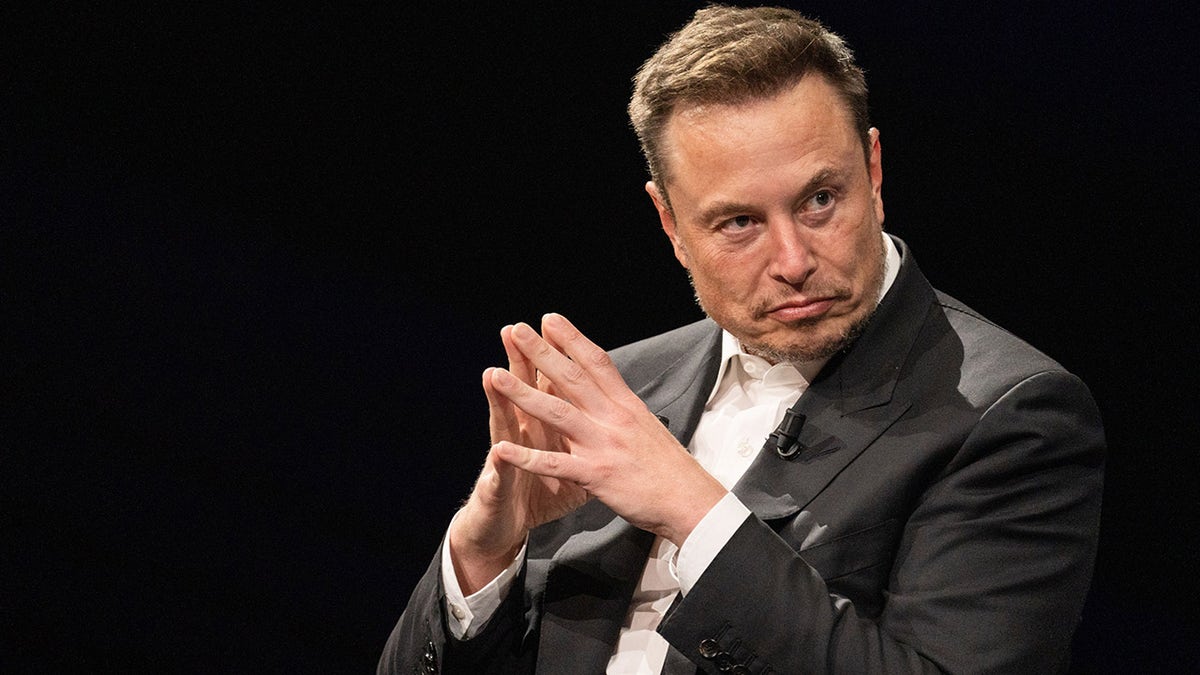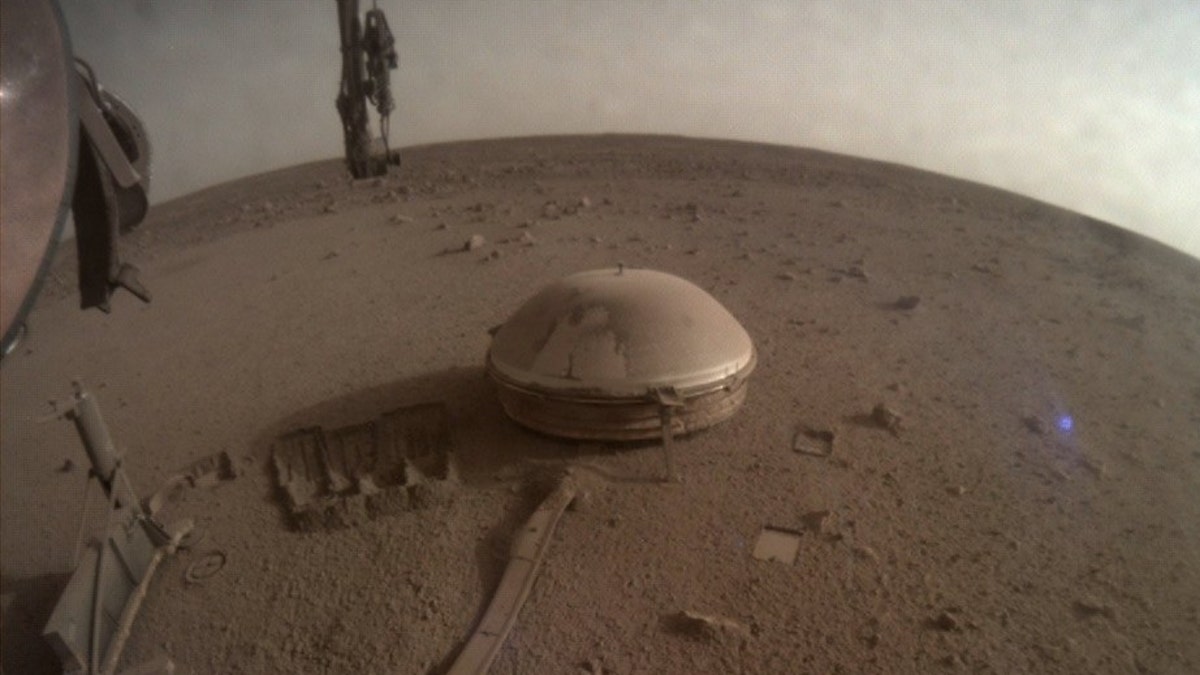Elon Musk boasts accomplishments, slams critics at New York Times event
Tesla and SpaceX CEO Elon Musk defended his character at a New York Times book event, saying his critics care more about public perception than doing actual good in the world.
Elon Musk was warned that artificial intelligence would represent a danger to humans attempting to colonize Mars.
During a 2012 conversation with DeepMind co-founder Demis Hassabis, Musk hinted that he was hoping humans could avoid the threats posed to Earth by colonizing Mars but was told the plan wouldn't work if AI was involved, according to a report from Business Insider.
Hassabis rationale at the time, according to the report, was that AI accompanying humans would actually lead to the colony's destruction. Musk would later invest in Hassabis' AI company in a bid to learn about the new technology before eventually launching his own AI start-up, xAI.
ROBOT CHEMIST COULD CREATE OXYGEN NEEDED FOR COLONIZING MARS: STUDY

Elon Musk (Nathan Laine/Bloomberg via Getty Images)
Some experts believe that the concerns are warranted, though the technology has not yet reached the capability to make it such a threat today.
"The first thing to understand is that the current generation of AI is not what Musk or Hassabis are concerned about," Christopher Alexander, chief analytics officer of Pioneer Development Group, told Fox News Digital. "Musk is heavily invested in next-generation AI that is moving towards human-like sentience. Today’s AI cannot look at a blank slate and create something."
Since the conversation Musk had with Hassabis, he has become one of the most vocal critics of the dangers potentially posed by AI, the Business Insider report noted, pointing to a conversation he had with a Tesla shareholder in which he admitted he was "a little worried about AI stuff."
"I think it's something we should be concerned about. We should need some kind of regulatory authority or something, overseeing AI development and making sure it's operating within the public interest," Musk said at the time.

This illustration shows the MAVEN spacecraft and the limb of Mars. (NASA/GSFC)
WHAT IS ARTIFICIAL INTELLIGENCE (AI)?
"Musk has been profoundly critical of other people's AI systems for a long time but very bullish on projects he is involved with," Samuel Mangold-Lenett, a staff editor at The Federalist, told Fox News Digital. "Despite expressing concern over the risks AI poses to humanity, he continues to plow ahead on projects he is both invested in and directly oversees. Our lives are going to become increasingly integrated with AI. Space travel, especially under Musk, will be of no exception."
Yet others believe that AI will be critical to humanity's attempt to colonize Mars, with one recent study finding that AI-powered robot chemists could work to cook up vital oxygen supplies for the colony that human chemists would potentially take lifetimes to figure out.
"Our study provides a demonstration that an advanced AI chemist can, without human intervention, synthesize OER catalysts on Mars from local ores," the authors of the study concluded. "The established protocol and system, which are generic and adaptive, are expected to advance automated material discovery and synthesis of chemicals for the occupation and exploration of extraterrestrial planets."

A view of Mars from NASA's Mars InSight Lander. (NASA/Twitter)
But Jon Schweppe, policy director of American Principles Project, believes Musk's caution is warranted.
CLICK HERE TO GET THE FOX NEWS APP
"AI is an existential threat to humanity, and we simply don’t know the limits of what it is capable of," Schweppe told Fox News Digital. "We should move forward as judiciously and carefully as possible. Implementing commonsense bipartisan regulation to ensure we avoid the ‘runaway AI' problem is a must."









































